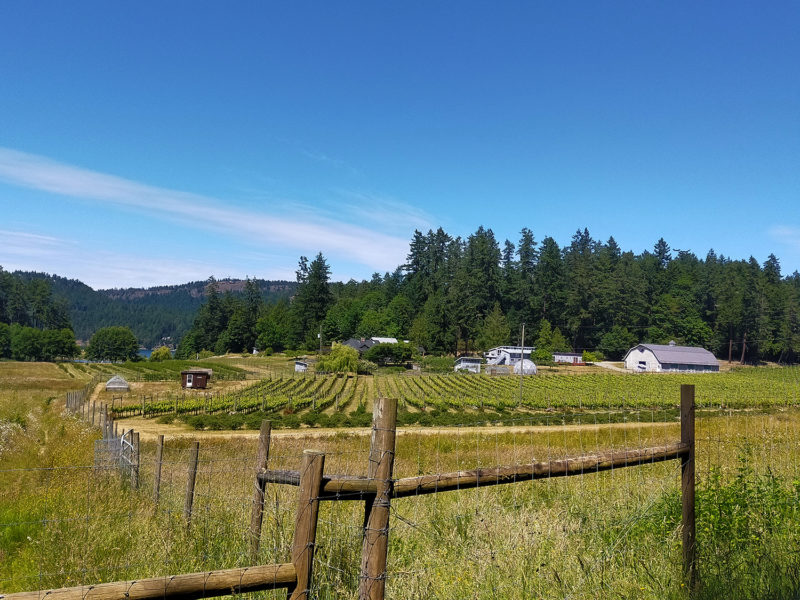Gulf Islands farmers have some breathing room to digest and comment on sweeping changes proposed for the Islands Trust policy statement.
Trustees soundly defeated first reading of the bylaw at a special meeting on July 8, with just six in favour and 16 opposed. Instead, trustees voted 24 to one to defer consideration of first reading until December 2021.
The decisions reflected growing concern from islanders about how the sheer volume and scope of changes would impact them.
A need to acknowledge First Nations and the trust’s commitment to reconciliation drove the proposed changes, as well as efforts to address concerns regarding climate change and the serious shortage of affordable housing on the islands. The current policy statement was adopted in 1994.
In the weeks leading up to the meeting, farmers raised alarms because they weren’t involved in drafting the proposed new agricultural land stewardship policies and were particularly uneasy that agriculture would no longer be recognized as a “traditional and valuable activity” in the trust area.
The Pender Island Farmers’ Institute (PIFI) is relieved that trustees moved to delay first reading.
PIFI president Barbara Johnstone Grimmer says the postponement gives institute members time to discuss the document and provide more meaningful and informed feedback.
“The farmers’ institute will be reviewing the proposed changes in detail then discussing this with our local trustees,” she says. “For sure we will be watching the process closely.”
The rush to first reading didn’t sit well with many islanders. A petition garnered 700 signatures asking trustees to halt first reading.
At a virtual town hall the evening before council met to discuss the proposed policy statement, most of the 47 speakers asked for first reading to be deferred and for in-person town halls to be held on each island.
While first reading has been deferred, work on the policy statement won’t stop. Trustees have requested that it be referred to First Nations, regional districts and other agencies having jurisdiction in the trust area.
Between now and September, trustees will also share the draft policy statement with their communities and ask for feedback, although it is unclear whether farmers will be specifically invited to comment on the agricultural policies that could impact their livelihoods.
“We can’t provide engagement specifics at this point,” says trust communications specialist, Vicki Swan. “The plan first needs to go to the Executive Committee for review and possible revisions before approval.”
The trust has allocated $75,000 for this new round of community and First Nations engagement.


 BC farmers have public trust
BC farmers have public trust